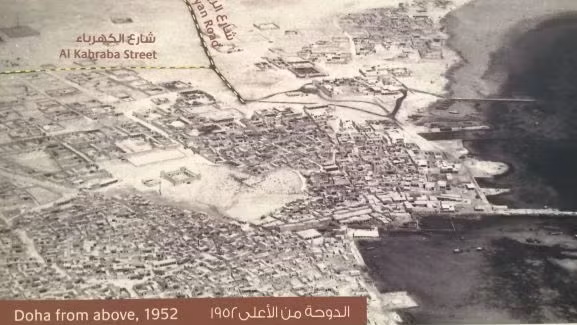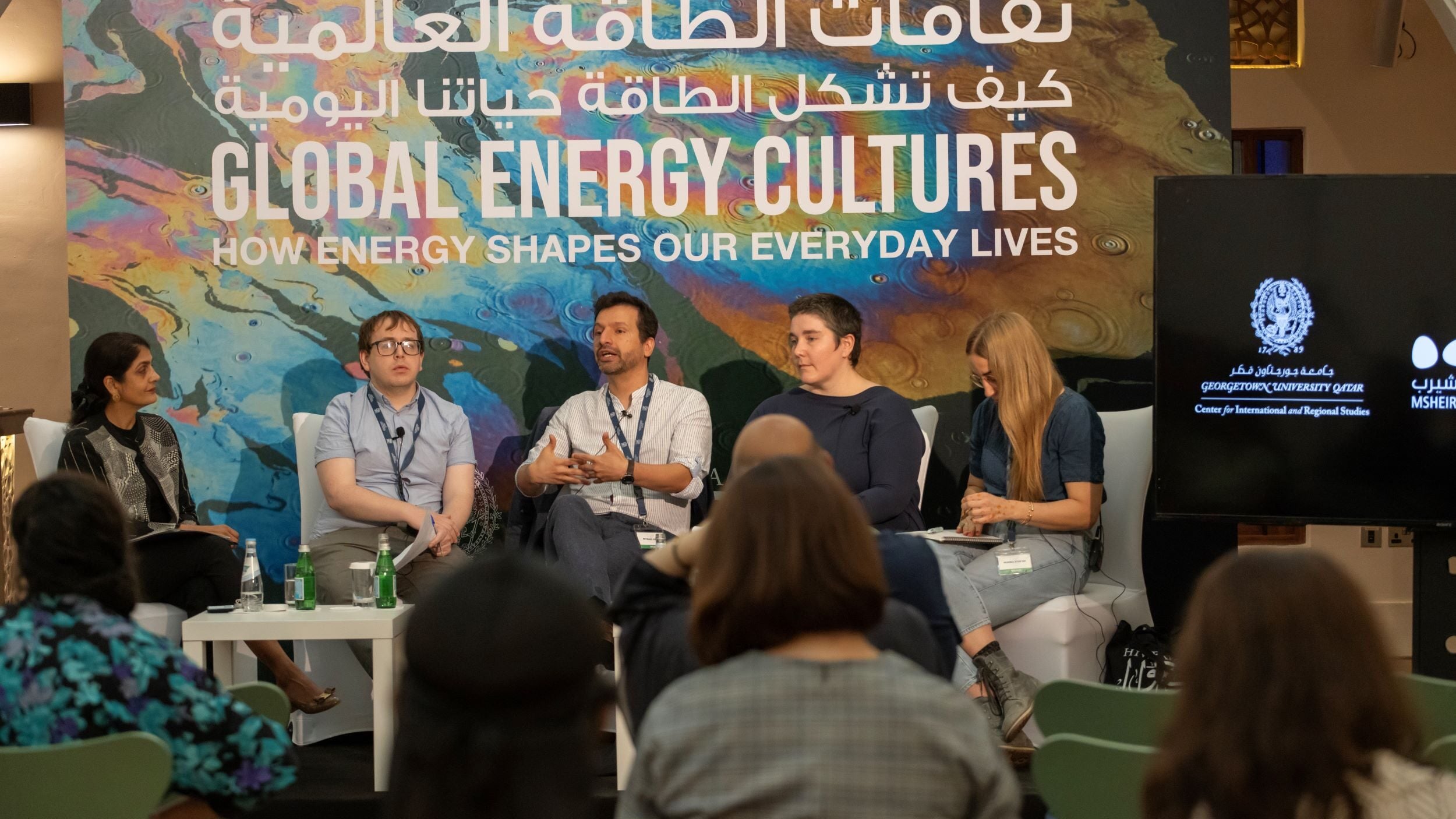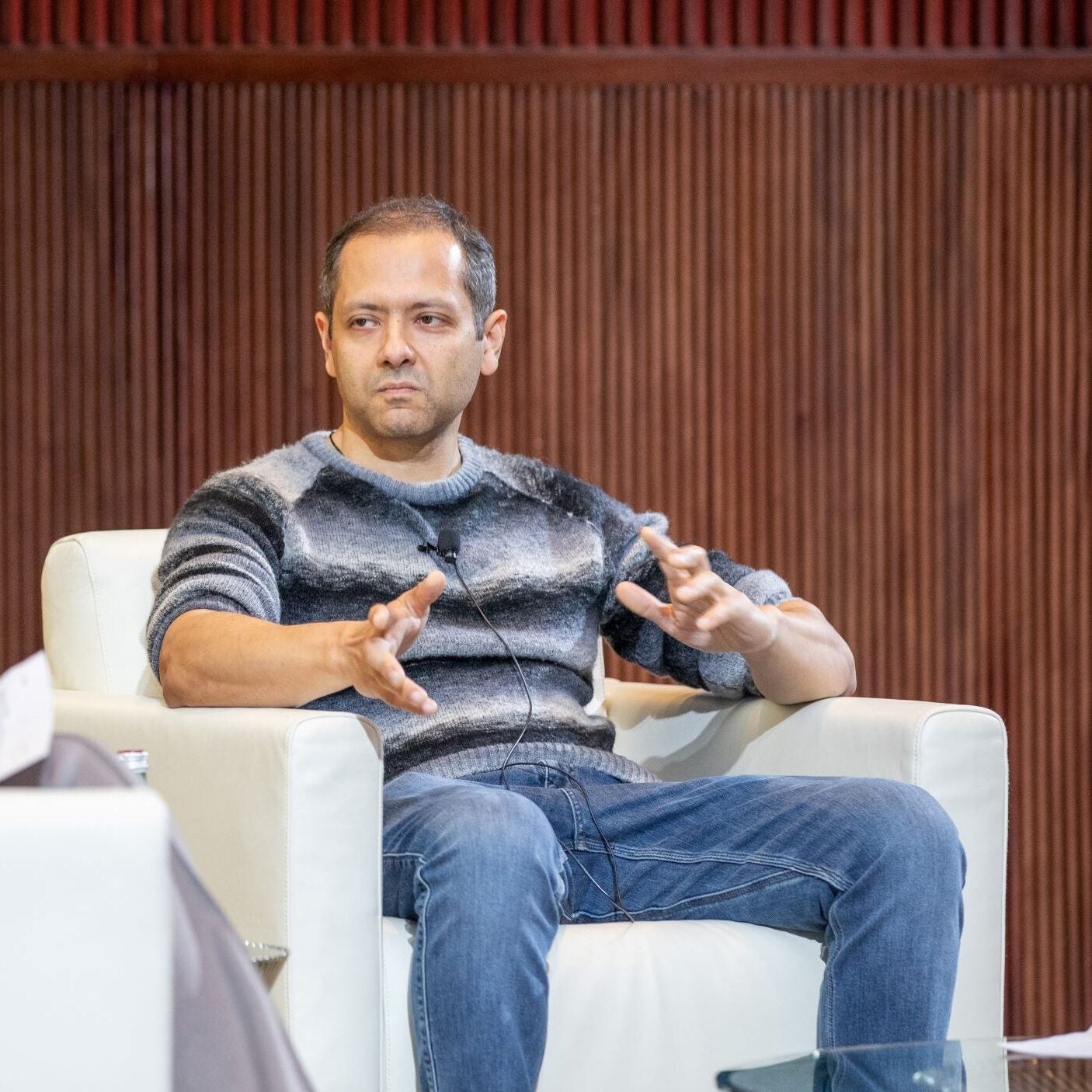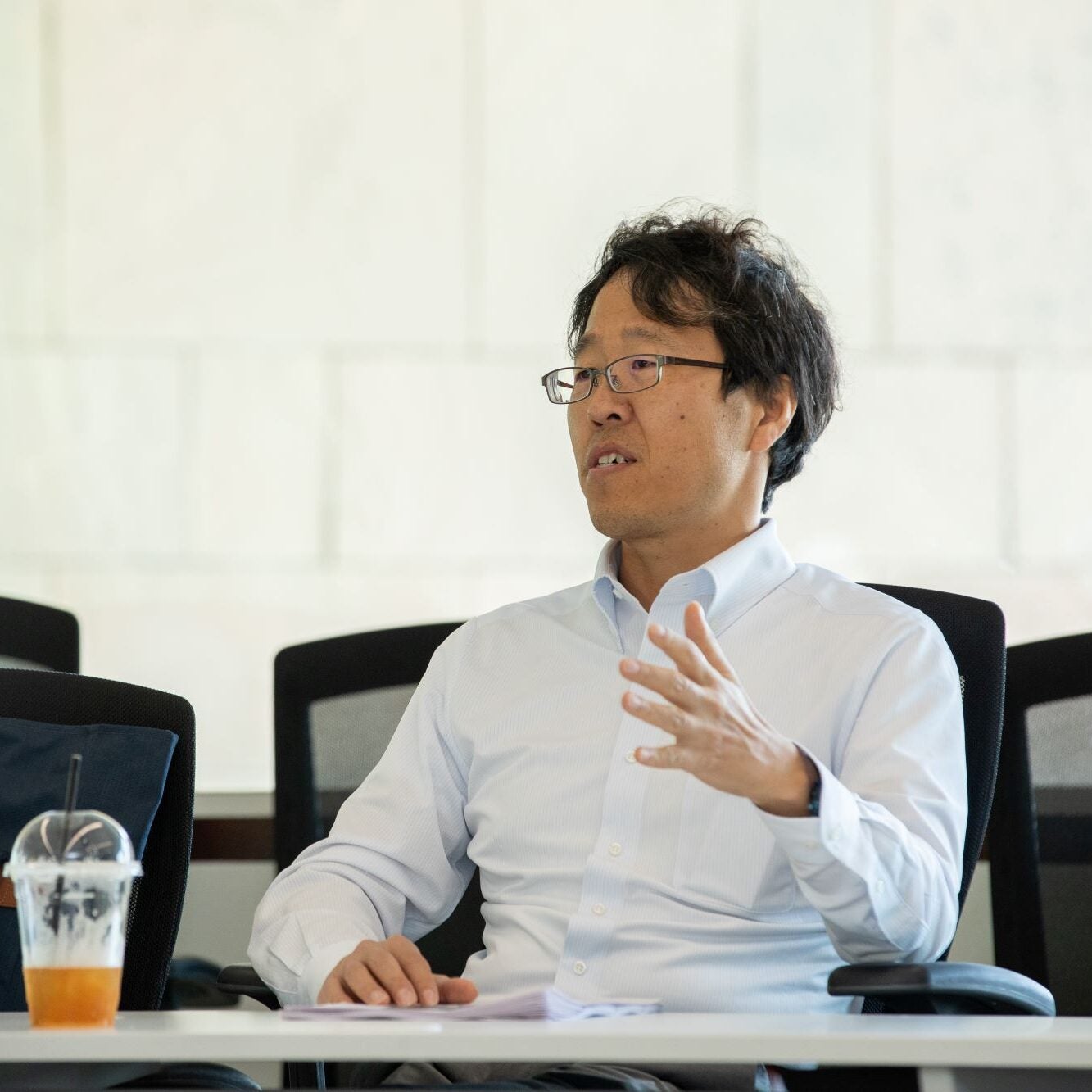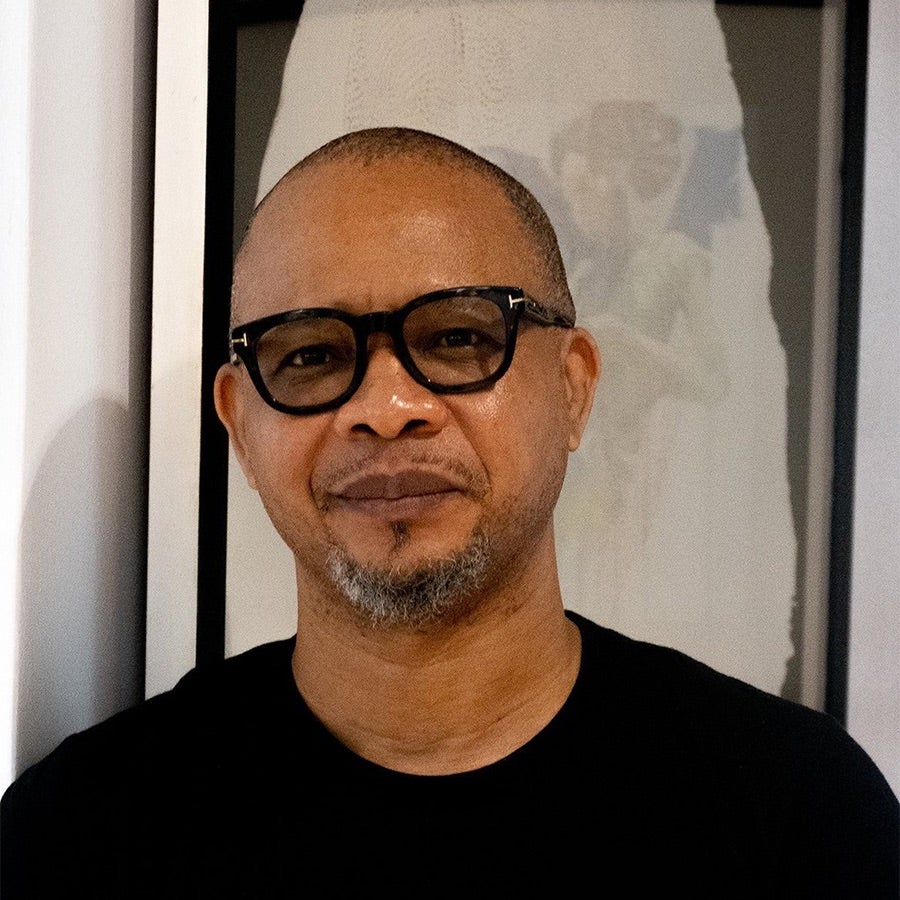Energy Humanities

Energy Humanities
Program Aims
Led by GU-Q faculty members Professor Victoria Googasian, Professor Trish Kahle, and Professor Firat Oruc, the Energy Humanities initiative aims to generate new scholarly conversations on the importance of everyday energetic life to the study of energy’s past, present, and future. Its goal is to facilitate the emergence of a new focus on energy as everyday lived experience, in order to add complexity and texture to the narratives within the field that have primarily focused on questions of state-building, international relations, economic development, and technological systems. Through close examinations of the relationship between energy, society, and culture from a comparative and transnational perspective, this research initiative calls for new ways of thinking about how we govern energy, how we communicate about it, how we understand the relationship between energy flows and social, cultural, political, and economic forms, and how we understand ordinary people’s encounters with energy in and beyond the nation-state. Examining questions related to the importance of everyday energetic life through the lens of history, anthropology, literature, film, cultural studies, science, and political studies the project will identify new multidisciplinary directions for the global energy humanities.
Need for Research on the Global South
Despite the Gulf’s centrality to the global flows of energy, little attention has been paid to the region within the existing energy humanities scholarship, which has so far been biased toward the Americas. Attending to the social and cultural manifestations of energy, this project will complement and add to the body of work on the Gulf and the Middle East that has focused on the role of state actors, geopolitics, and the political economy of resources. By shifting the focus on the everyday lived experiences of energy, the project aims to connect the study of the Gulf and the Middle East to the broader cultural and social histories of energy in the Global South. In doing so, it will not only contribute to the growing field of energy humanities but also provide new understandings of the influence and impacts of energy in the everyday lives of communities in the Middle East in ways that go beyond treating energy within the confines of state security, political stability, and economic rentierism.
Initiative Background
The Energy Humanities initiative is part of the Environmental Studies research cluster at the Center for International and Regional Studies (CIRS) at Georgetown University in Qatar. It builds on the Center’s previous research output on Water and Conflict in the Middle East (2017), The “Resource Curse” in the Persian Gulf (2016), Geopolitics of Natural Resources in the Middle East (2015), and The Nuclear Question in the Middle East (2010), which have led to publication outcome of edited volumes and journal special issue. Initially, through moderated podcasts and webinars with global and regional experts in the field, the project will create a new intellectual space for the energy humanities. In the long term, the Energy Humanities initiative anticipates publishing original research through both traditional and digital platforms.
Research Projects
Energy Humanities research projects are generating timely publications, podcasts (link to podcast page), and innovative conferences that generate new thought about the future of energy.
Recent Visitors
The program invites prominent scholars, writers and artists to reflect on the ways humans interact with and are shaped by energy. Visitors speak at public events, conduct workshops, and engage with students across programs.
Energy Humanities Network and Resources
The GU-Q Energy Humanities project seeks to develop a network of scholarship around the globe that shares materials, collaborates on research, and collectively advances the field. Join the network and contribute to building an archive of teaching and learning resources to engage students in the critical work of reimagining the future of energy.


